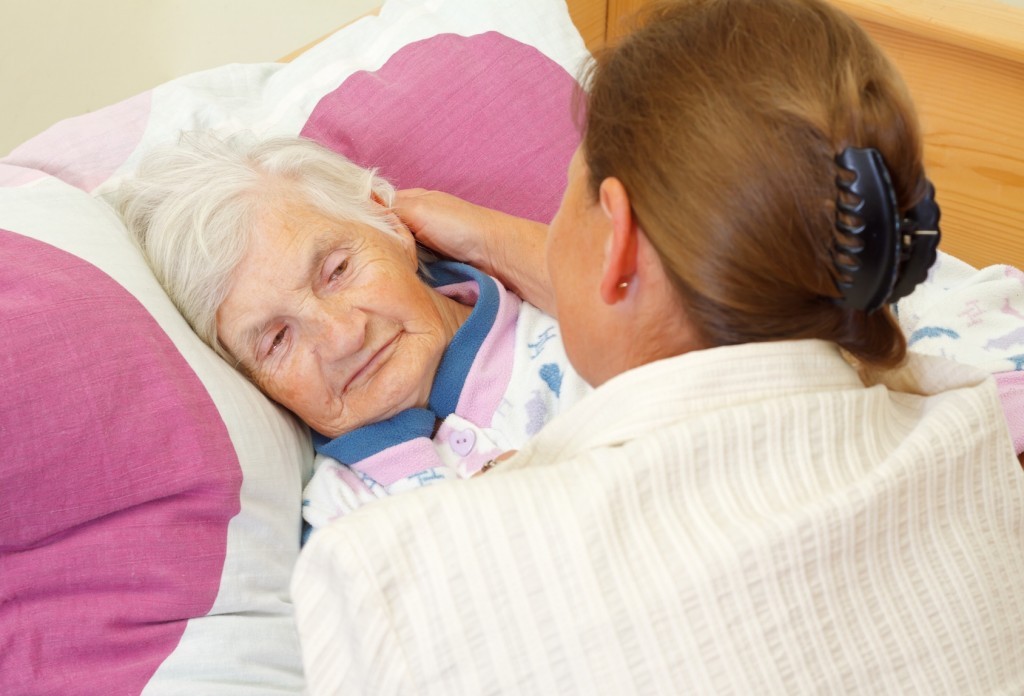As people live longer, the incidence of bedsores is increasing in this older population. Bedsores, or pressure ulcers, develop when bare skin rubs against an object (most often bed sheets or a wheelchair seat) or when an individual fails to move for several hours at a time. Areas that support weight and have a bony prominence (think buttocks, hips, heels and back) are especially vulnerable and the most common sites for bedsores.
Who is at greatest risk for developing bedsores? The most susceptible individuals are those who have difficulty walking or are bed ridden. People with certain medical problems, such as diabetes, cancer and kidney disease, also are at greater risk, as are individuals who have difficulty changing positions.
Bedsore Prevention
Once bedsores develop they can be extremely difficult to cure, so emphasis must be on prevention. The keys to prevention are movement and avoiding staying in the same position for more than two hours at a time. Bed ridden individuals should be turned and moved frequently to avoid placing too much pressure on a particular area. They also must be kept dry because moisture promotes the kind of skin irritation associated with bedsores. Frequently, special mattresses or cushions are used to relieve pressure on bony weight bearing regions of the body. Adequate nutrition, with an emphasis on protein consumption, is an under-appreciated and important factor in reducing the incidence of bedsores and also aid in the healing process.
Bedsore Treatment
If a bedsore develops, treatment should begin immediately to minimize the severity of the wound and begin the healing process. A medical doctor should provide guidelines for wound care, medications, and repositioning. They must be cleaned and covered to prevent infection. If the patient has no one to provide care at home, a visiting home nurse should help with daily care of the bedsores. If the bedsore is deep or shows signs of infection, a specialist in wound care should be consulted if special medications or procedures are required.
With proper awareness and attention, bedsores often can be avoided. It’s essential that individuals at risk, as well as their caretakers, be cognizant of the risk factors for bedsores and take the necessary precautions to prevent them.
